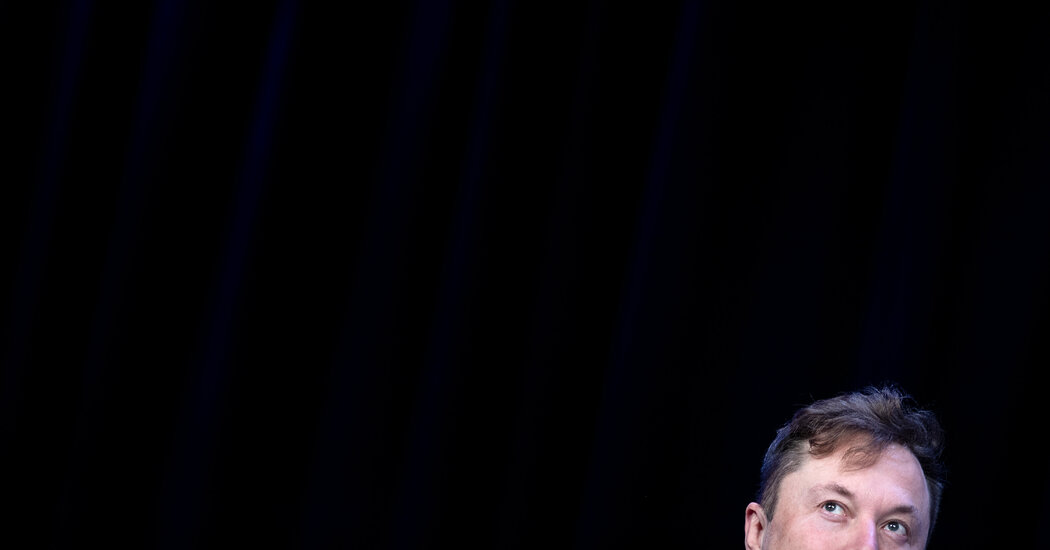“We must protect free speech for our democracy to work,” said Jameel Jaffer, the executive director of the Knight First Amendment Institute at Columbia University. “But there’s a lot of distance to bridge from that premise to the kinds of decisions that social media companies have to make every day.”
Hardly any place on the Internet or in the physical world is a zone of absolute free speech. The challenge of online expression is the challenge of expression, period, with questions that have few easy answers: when is more speech better, and when is it worse? And who gets to decide?
In countries with strong courts, civil society groups and news media to hold politicians to account, it can be relatively benign when elected leaders ridicule their opponents online. But in countries like Myanmar, Saudi Arabia and Somalia, government leaders have weaponized social media to subject their critics to relentless verbal harassment, spreading lies that usually go unchecked, or inciting ethnic violence.
If Twitter wants to stop moderating speech on its site, will people be less willing to hang out where they can be harassed by those who disagree with them and be inundated with cryptocurrency pitches, fake Gucci handbags or pornography?
The 2016 US presidential election and the same year’s Brexit vote gave Silicon Valley executives, US elected officials and the public a look at what could go wrong when social media companies choose not to delve too deeply into what people think about their lives. sites say. Russian propagandists reinforced the views of deeply divided Americans and British, further polarizing the electorate.
During Mr Trump’s presidency — especially in the early months of the coronavirus pandemic and as Mr. Trump and his supporters spread false claims about voter fraud in the 2020 election — Twitter, Facebook and YouTube changed their tone about the role that they played at fueling anger, lies, distortions and divisions that left some people feeling exhausted and cynical about the world around them.
Twitter and Facebook, sometimes pressured by their employees, took more steps to strip or tag posts that may violate their false information rules and tinkered with computer systems to prevent viral lies from spreading quickly and quickly. Facebook, Twitter, and YouTube also kicked Mr. Trump off their platforms after the January 6, 2021 Capitol uprising.

